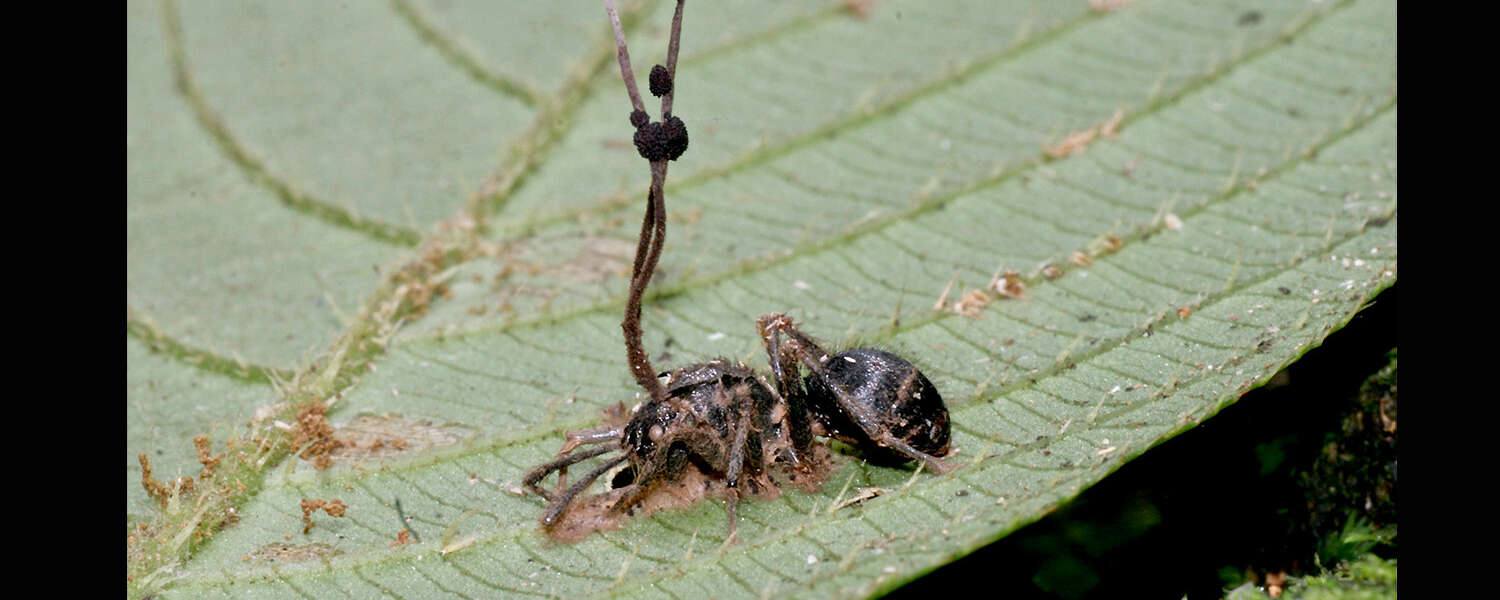Ophiocordyceps unilateralis: that’s the apocalypse-causing fungus in the hit TV show “The Last of Us.” But it won’t cause a real-life pandemic anytime soon, says a University of Guelph microbiologist.

Dr. Rebecca Shapiro is a professor in the Department of Molecular and Cellular Biology at the College of Biological Sciences who studies microbial fungal pathogens and how they cause disease in humans.
Shapiro says it’s unlikely Ophiocordyceps unilateralis would cause the end of civilization in real life. The fungus targets only ants and spiders and it would need “an incredibly long time scale (millions of years) to find a way to adapt and infect humans.”
But could other fungi cause a pandemic on the same scale as those spurred by viral infections? Not likely, says Shapiro.
What’s more likely, says Shapiro, is that fungal infections will accompany pandemics caused by other viruses or diseases. For example, the 2021 mucormycosis (also known as black fungus) epidemic in India was associated with hospitalized COVID-19 patients.
“But fungal infections are becoming more prevalent,” adds Shapiro. “These infections are more widespread, which is heightening concerns.”
Changing human demographics are one of the major reasons behind the increased concern about fungal outbreaks. With an aging human population, including more people with underlying health conditions, more people have become vulnerable to fungal cause infections, which are notoriously difficult to treat.
“On a cellular level, fungal organisms are remarkably similar to the humans they infect, meaning it’s very difficult to identify non-toxic antifungal agents that can kill a fungal pathogen without causing harm to its human host,” she said.
“Limited antifungal agents mean many fungal infections can be life-threatening.”
That doesn’t mean all fungi are bad or need to be feared.
“An overwhelming majority of fungi are not dangerous to humans or any other species,” says Shapiro. “Fungi play a critical role in nutrient cycling in our ecosystems and support the survival and growth of almost all plant species.”
Shapiro is available for interviews.
Contact:
Dr. Rebecca Shapiro
shapiror@uoguelph.ca
